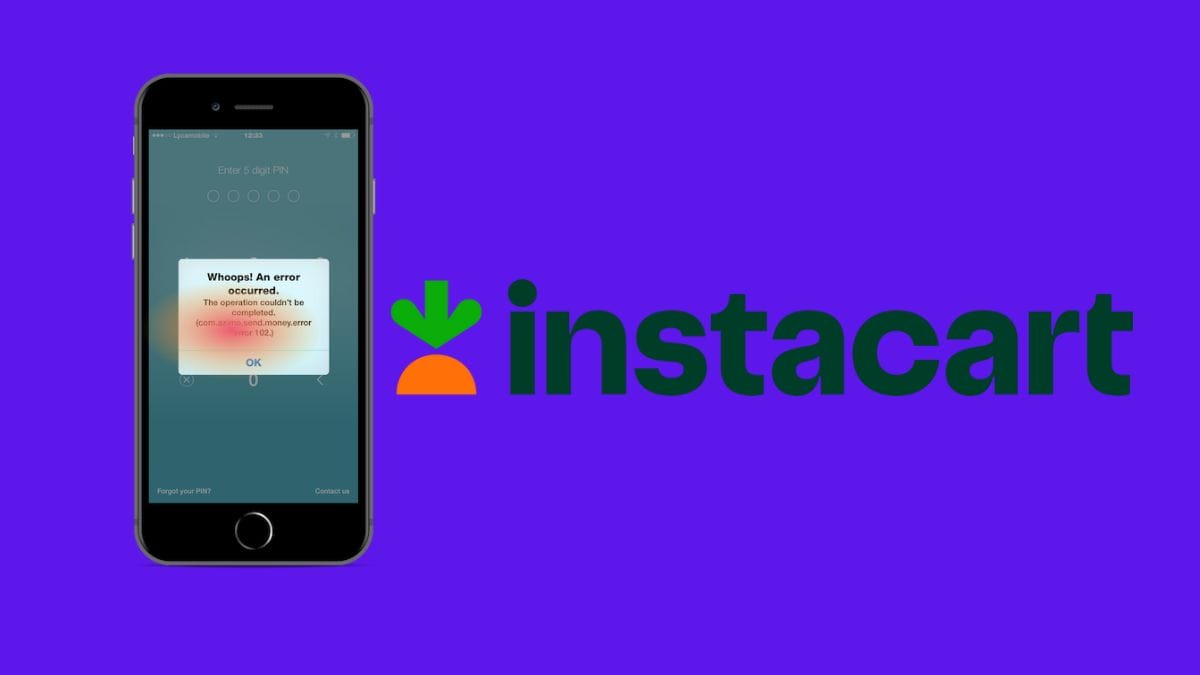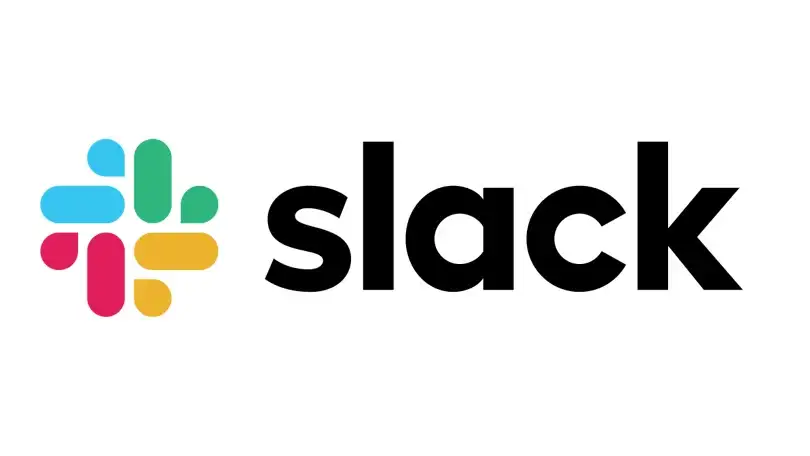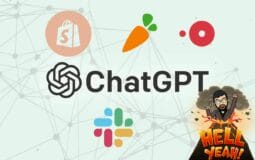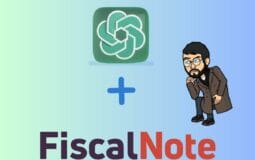ChatGPT has already captivated us with its unbelievable progress in a few months.
Now, get ready for this ingenious chatbot to book your next flight, suggest a restaurant with great seating options, and even order a sandwich for you.
Sounds unbelievable, right?
But that’s true!
Recently, OpenAI, the powerhouse behind ChatGPT, revealed that several prominent companies such as Expedia, OpenTable, and Instacart have developed plugins to integrate their services with the chatbot.
By activating these plugins, you can ask ChatGPT to carry out tasks that typically require browsing the web using a browser like chrome or launching an app while chatGPT efficiently fulfills your requests.
Although these plugins are currently available for a limited number of users, let’s look at how these 12 plugins will be used in a real-world scenario.
Let’s get started with this –
12 ChatGPT Plugins
Expedia
The Expedia plugin allows you to book travel and accommodation through it. You can ask questions about flights, hotels, car rentals, etc.
The plugin uses understands user requests and provides relevant information. For example, a user might say, “Find me a flight to New York next weekend,”
It’ll then return options for flights departing from the user’s location and arriving in New York on the specified dates.
FiscalNote
The FiscalNote plugin provides users with real-time updates on legislative changes and regulatory updates.
You can ask questions related to specific bills, regulations, and policies. The plugin uses natural language processing and machine learning to understand your requests and provide all the relevant information.
For example, you might ask, “What is the status of bill H.R. 1234?” FiscalNote will provide the bill’s current status or if there are any recent updates or changes.
Instacart

Like the official app, the Instacart plugin by OpenAI allows you to order groceries. You can ask questions related to specific products or general grocery items.
Instacart takes up your data and uses its information to add your required item to the cart.
For example, you might say, “Add bananas, milk, and bread to my cart,” The plugin will add those items to the user’s Instacart cart.
KAYAK
The KAYAK plugin allows users to search for flights, hotels, and rental cars using natural language.
Using this plugin, you can ask questions about flight schedules, hotel availability, and rental car options.
After taking user requests, it uses natural language processing and machine learning to provide relevant results.
For example, you might ask, “What are the cheapest flights to Miami next month?” The plugin will list available flights, hotels, rental car options, and prices.
Shopify

The Shopify plugin allows you to manage your Shopify store using natural language. When connected with the plugin, you can ask questions about their product inventory, order status, and more.
For example, a user might say, “How many units of product X do I have in stock?” The plugin will provide the current inventory count for that product.
Klarna
The Klarna plugin uses natural language to allow you to manage your Klarna account.
Once connected with the plugin, you can ask questions about your account balance, payment due date, and more.
For example, a user might say, “When is my next payment due?” The plugin will provide the due date for the user’s next payment.
Milo
The Milo plugin allows users to search for products in local stores from your nearby area. Users can ask questions about product availability, store hours, and more.
The plugin uses natural language processing and machine learning to understand your requests and provide subsequent results.
For example, when you ask, “Do you have any black t-shirts in stock at Target on 5th Avenue?” the plugin will let you know whether or not the requested product is available at the specified location.
OpenTable
The OpenTable plugin allows users to make restaurant reservations at a lightning pace.
This plugin lets you ask questions about restaurant availability, menu options, and more.
For example, a user might say, “Reserve a table for two at a French restaurant in Midtown Manhattan for Saturday at 7 pm,” The plugin will then make a reservation for you at a French restaurant that meets the user’s criteria.
Slack

The Slack plugin allows you to manage your Slack accounts using natural language. Users can ask questions related to their workspace, channels, and more. The plugin will then use its data sets to provide the relevant information.
For example, a user might say, “What are the most active channels in my workspace?” The plugin will list the most active channels based on user activity.
Speak
The Speak plugin allows users to transcribe and translate speech in real time. Users can use this plugin to communicate with people who speak different languages and who don’t wanna try on multiple languages.
Languages they’ve never spoken before.
The plugin uses machine learning to understand spoken language and provide real-time translations.
For example, you might say anything in your native language and ask the plugin to “Translate what I’m saying into Spanish,” The plugin will provide a Spanish translation of the user’s speech.
Wolfram
The Wolfram plugin provides users access to the computational knowledge engine of Wolfram Alpha.
Whenever you need help in your math or science project, feed your question to this plugin by OpenAI; its natural language processing and machine learning will provide the required result.
For example, a user might ask, “What is the derivative of x^2?” The plugin will provide the function’s derivative.
Zapier
The Zapier plugin allows users to connect and automate their web apps using natural language. Users can ask questions about their Zapier workflows, triggers, and more.
For example, a user might say, “Show me all of my active Zaps,” The plugin will provide a list of active integrations created using Zapier.
Conclusion
In conclusion, OpenAI’s 12 ChatGPT plugins offer a glimpse into the future of AI technology and its potential to revolutionize communication and productivity.
With the ability to understand and respond to natural language queries, these plugins provide users with a unique and personalized experience.
However, it’s important to remember that each plugin has advantages and limitations.
As AI progresses and evolves, you can expect even more advanced and sophisticated abilities that can enhance our daily lives.



